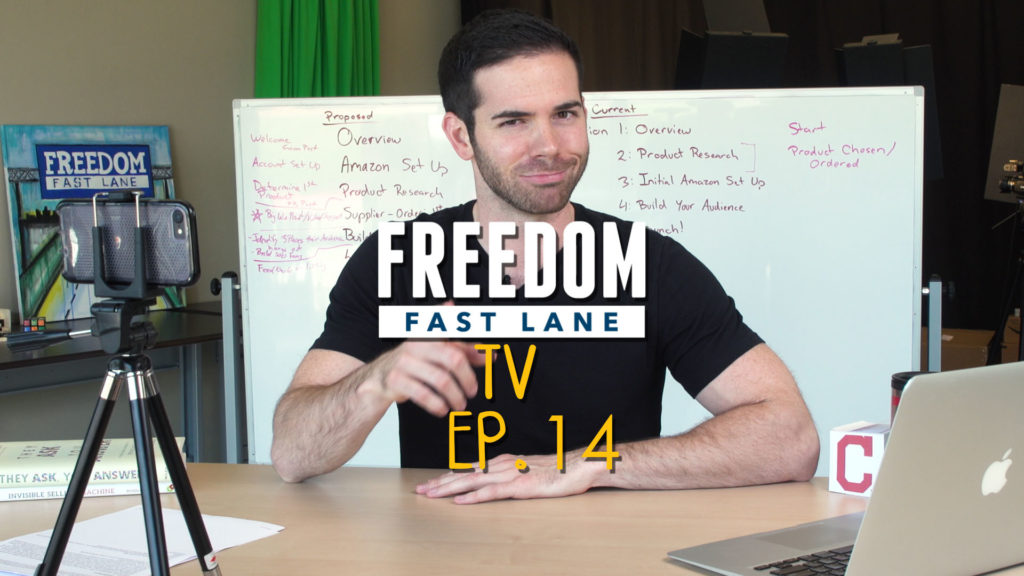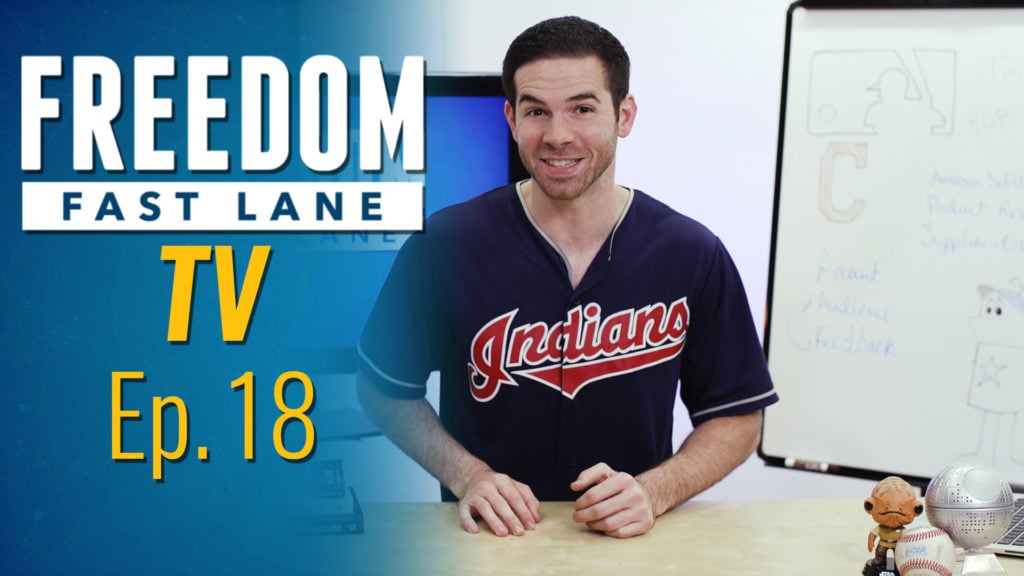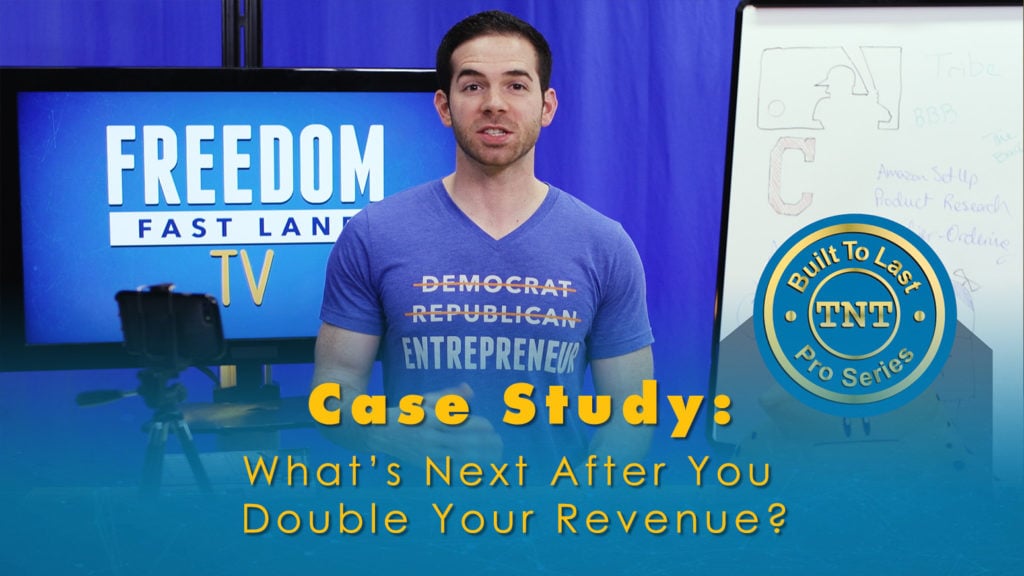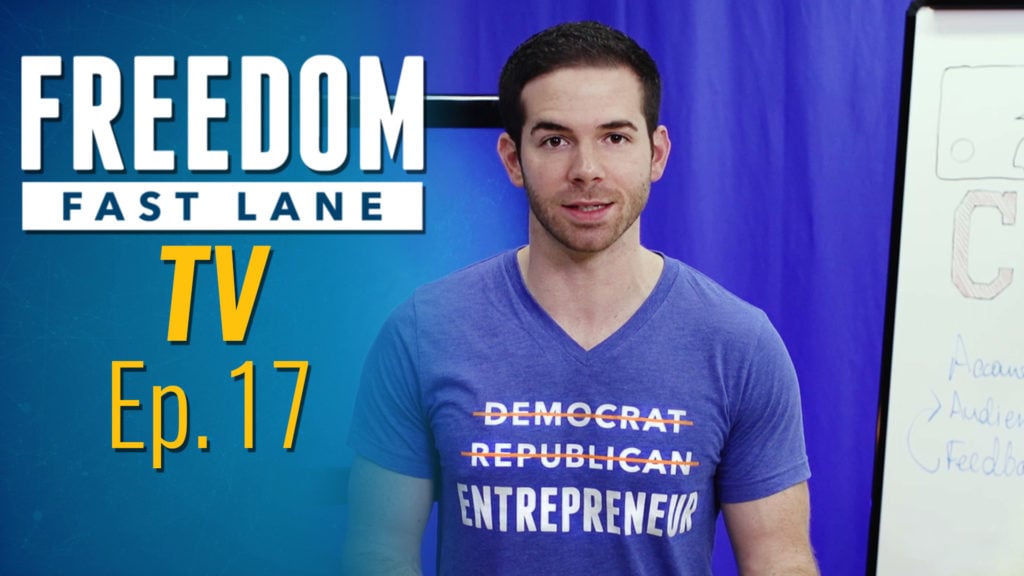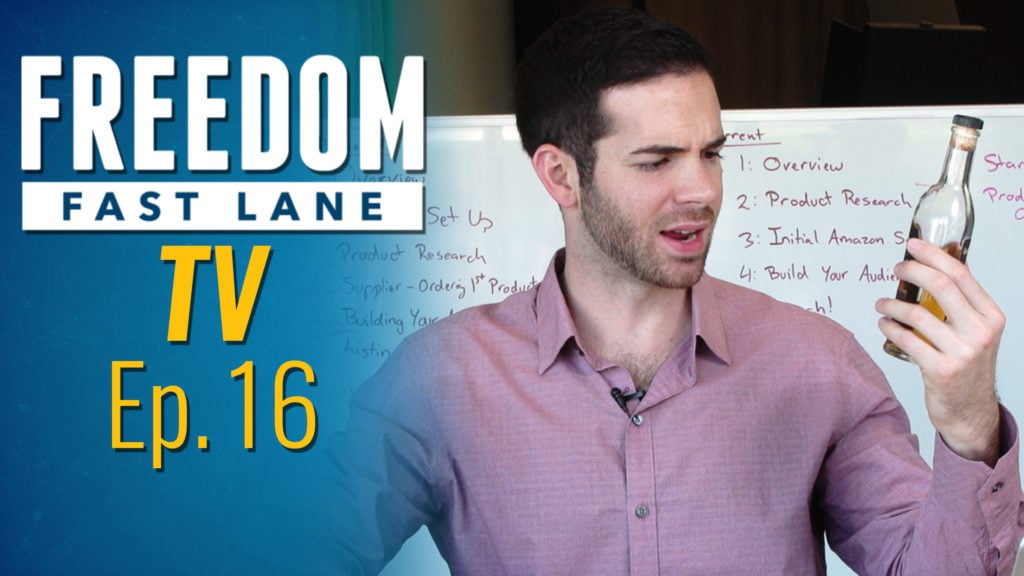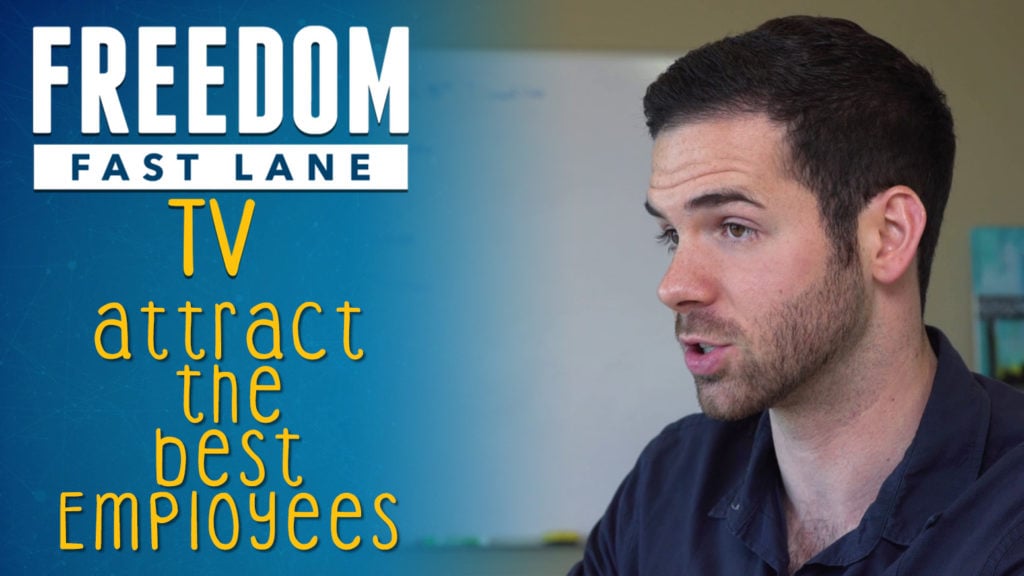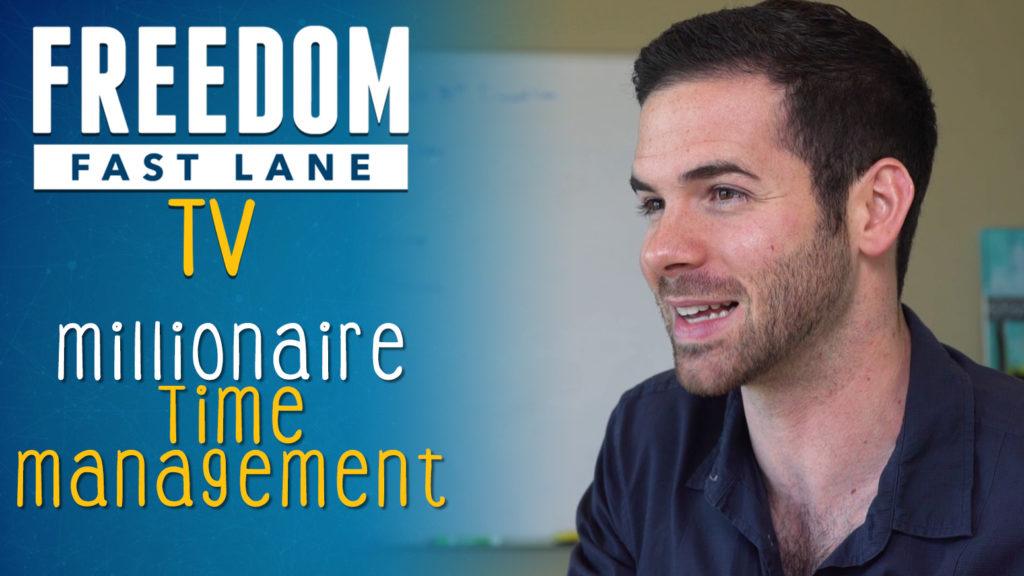Today we're going to be looking at your responses to why you don't like capitalism.
We'll look at how you promote a business with low profit margins, analyze how health and fitness play into being an entrepreneur, and we'll analyze a business about baby makers. You'll see what I mean.
Let's dive into our conversation on Facebook.
A few weeks ago, I posted on the Capitalism.com Facebook page a video inviting people to simply say why they don't like capitalism.
Here at the Capitalism.com office, we believe that there's not a fixed pie. We believe that capitalism is the one place in the world where it pretty much violates the law of thermodynamics because it brings new value into the marketplace and it makes everyone better off.
If you have a value-driven business, meaning you're creating value for people, then your customers are better off, you are better off. All investors, stakeholders, and employees are all better off than if your business did not exist. We think that it's fairly self-evident.
https://www.youtube.com/watch?v=mhXc-j39gdg
So, we put it out into the Facebook world. How dangerous, I know. We asked people to answer, why don't you like capitalism? And we're going to respond to some of the comments that we received.
- Kevin Carney says, "Capitalism is good." "Capitalism has run amok these past 50 years." "This crony capitalism where legislation "itself is for sale is not good." "Adam Smith himself believed in regulated markets "and appropriate government spending."
Adam Smith and pretty much all free market economists would believe in regulated markets. We just believe that regulated markets belong to customers, that customers are the fiercest regulators in the world, that customers are the most awful bosses in the world.
They're the most fickle bosses in the world because you as an entrepreneur could literally go out of business at any time and everything that you have built could crumble if your customers decide that someone else does it better than you.
You know what the one exception of that is? When government is involved.
It is only government that can go into an industry and say, "Ah, this isn't going to crumble." Or, "Mmm, we're going to keep it the same way "because too many people are dependent upon it." That's what happens when government gets involved with business.
When you keep government out of business, that is when consumers have all the control. So yes, we all believe that things should be regulated, we just believe that they should be regulated by customers and we believe that they should be regulated in the event of fraud.
That is the role of government. That is where we need policing or a judicial system. Because if there's not a fulfillment of contracts, that is where fraud has been created and that's when you don't have a free market.
To say that capitalism has run amok is a confusion of what capitalism is with crony capitalism. Crony capitalism is when business gets in bed with government and that indeed has run amok. That is not because of the free market, that is because government has expanded.
If you don't like government in business, if you don't like people telling you what to do, if you don't like bailouts or too big to fail, if you don't like money being involved in politics, your argument is not with the free market or capitalism, it is with the ever-expansion of government that we have seen in the last 50 years.
- Timothy Trost says, "Capitalism is the exploitation "and disregard of the working class."
Nay, Timothy. On the contrary, capitalism is the best shot that the working class has to get ahead, for a couple reasons.
One, because it's the one system in which people are actually paid for the value that they bring to the marketplace.
And second, because it is the beautiful combination of the value that a business brings to the marketplace and what an individual brings.
And when they bring those assets together, both are better off.
There is a ridiculous argument that Karl Marx made that socialists love to spew today, which is the idea that capitalism has to be degrading to the working class because it assumes that they're profiting more than the value that you are bringing and it completely ignores the idea that the business itself brings customers, products, positioning, branding, capital, all to the marketplace.
Together, they produce. Together, the business itself and the employee bring more value than either of them could have done on their own. That is the idea, that together we are better off.
Not that we are taking from one another, but by together we create more than ever existed before. That is the beauty of capitalism.
So no, capitalism is not the exploitation and disregard of the working class. It is the best shot the working class has, and the partnership between private and the working class is how we bring new value to the marketplace and make everyone better off.
- Jack Ski says, "Capitalism is "a slave-master relationship." "Those with resources, money, exploit those without." "It's that simple."
Oh, Jack. It sounds like you need a hug, buddy.
Consider this a hug from Capitalism.com.
What would you propose instead, Jack? Would you propose that government make all decisions, as if government is not a slave-master relationship?
When you turn over decision-making power to people in Washington, DC, or wherever decisions are made, that is a slave-master relationship. Giving up control, giving up power to people who have the authority to directly impact your life, that is slavery. Capitalism is choice, and choice is how we influence change. It is that simple.
And guess who has the choice in capitalism? You do, Jack.
That is the beauty of capitalism because you literally have control over what businesses succeed and who fails. If you and all of your friends stop buying from people that don't provide value to your life, they go away, and the people who do provide value to your life stay in business, and you get to decide.
That is not a slave-master relationship. That is not giving your power to someone else.
Capitalism is where you are the most emboldened and the most at choice. And therefore you decide what happens in the world, not out of touch politicians.
Watch the full episode above and explore more episodes of Freedom Fast Lane TV!
RELATED:
• Are States Subsidizing Beer? A Case of Crony Capitalism
• The Intersection of Capitalism and Immigration
• Only Capitalism, Not the President, Can Save the World
